Advantages of Using Solar Energy in the Gold Coast
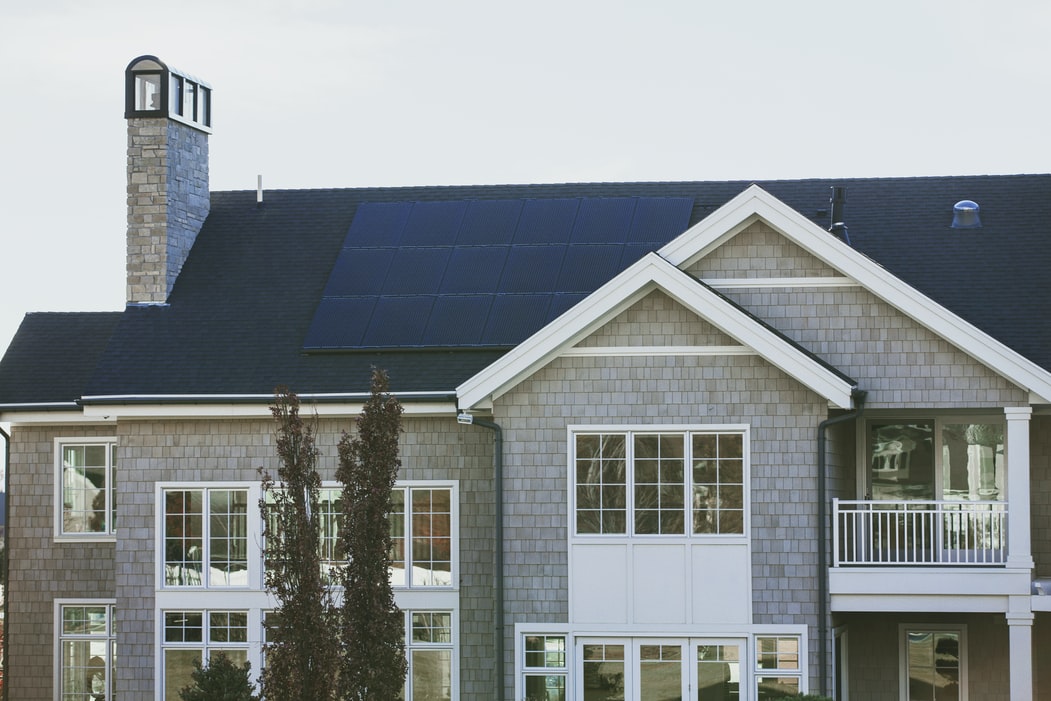
One of the biggest technologies that have come out of the 20th century has been that of Solar!
 Photos By: Unsplash
Photos By: Unsplash
Used in harnessing the power of the sun, and turned into a useable source of energy, nothing has been so environmentally friendly and useful both at the same time and within good reason. Solar panels, also known as ‘photovoltaic cells’ have become so widely used that from the smallest objects to the biggest spacecraft use them. But how does it work and why should we use it? We look at a few of the advantages of using this technology in your home or business on the south coast.
The Idea Behind Solar Energy
The cells of a solar panel are typically made out of the same semiconductor materials that are also found on computer chips on motherboards. They come in two kinds, the active solar technologies and the passive, depending on how the sunlight is captured. More about this can be found online. When the sun’s rays hit these cells, it disperses the electrons from their atoms. The movement of these particles generated electricity.
They are used in many different environments from the larger solar-powered plants to spacecraft, and on both residential and commercial property on the rooftops, to small hand-held gadgets such as calculators. It has been a very successful endeavor that can supply electricity to millions of people around the world, and on the South Coast, it has grown in popularity due to the perfect weather conditions present in the region. We look at a few of the advantages of using this technology below.
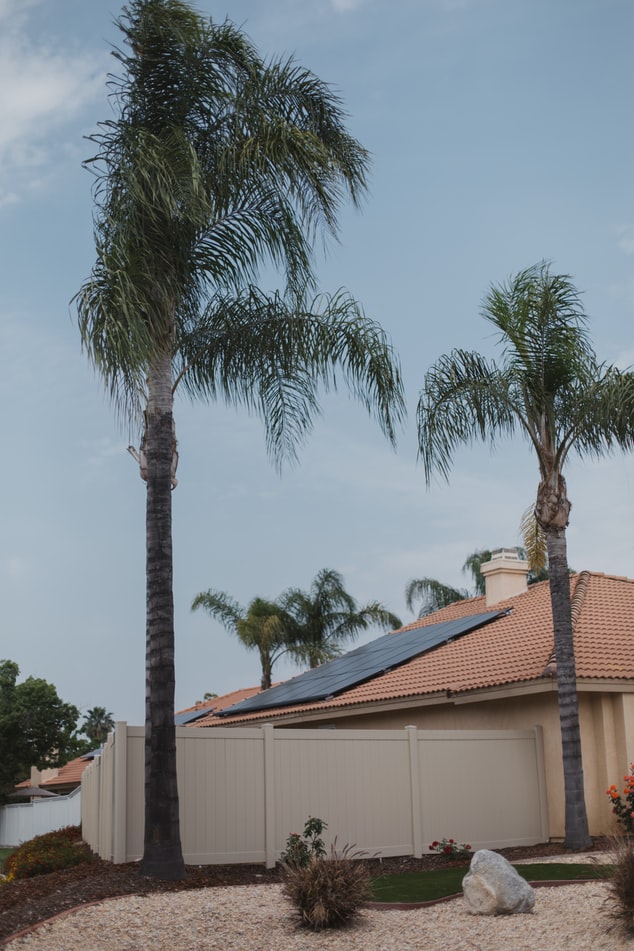
Benefits of Using Solar Powered Technology
Amongst any form of generating electricity, this one has the least negative impact on the environment. Other forms produce greenhouse gases, which usually trap the heat from the sun and make the earth warmer, are produced by human activities mainly. When industries burn fossil fuels such as oil, gas or coal, for electricity, or transportation, it produces them.
Common examples of these gases are Carbon dioxide (CO2), Nitrous Oxide, and Methane. Normally, producing these gases is fine, however, over the past few decades with the increase of this practice, there has been a phenomenon called ‘the greenhouse effect’, which has shown the disadvantages of burning these fuels to produce electricity and energy.
The Greenhouse Effect
Up until now, there has been a delicate balance between how much sunlight is produced into solar energy and reflected into space. However, with the increase of the above traditional methods, the levels of carbon dioxide have increased, which adds a layer to the atmosphere which blocks the sunlight from being reflected into space, thereby keeping it bundles up within the atmosphere like a pocket, and warming up the earth more than it should.
This ‘warming up’ in turn has its disadvantages such as the ice on the Polar caps are melting faster than normal, the CO2 is also affecting marine life and disrupting the normal rate of photosynthesis in plants, water levels are also rising and endangering both human, plant and animal life, resulting in the extinction of species. There are some advantages of the greenhouse effect too, mentioned here.
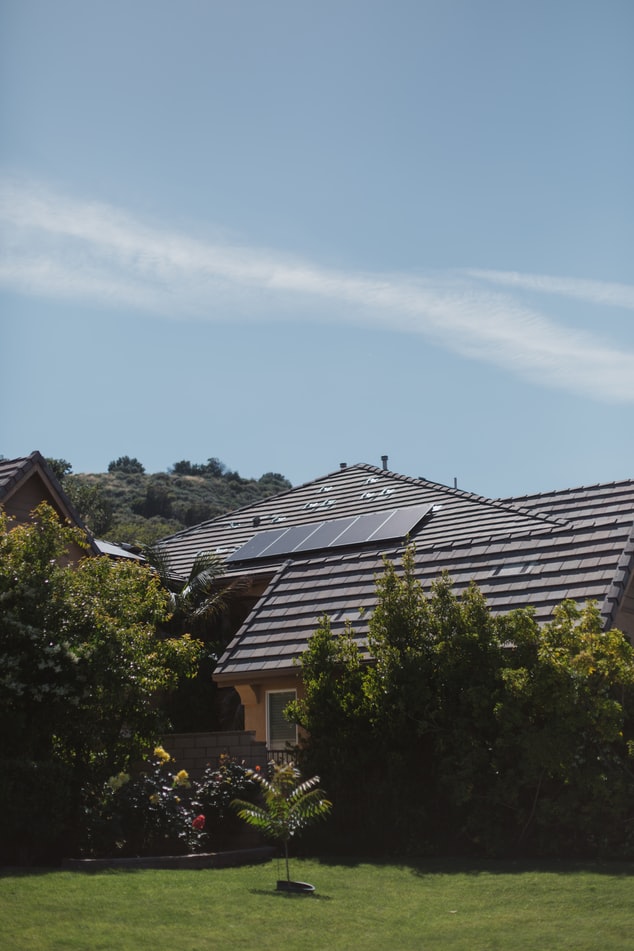
Reduces the Bills
It’s not hard to figure out that replacing your traditional cabling of electricity with solar-powered panels on the roof of your home s or offices will significantly reduce your electricity bills. Especially if you’re a large household or a big company that uses a lot of electricity to power its machinery or processes. During the peak hours of energy demands, mainly between 11:00 am and 4:00 pm on most days, the demand tends to be higher. With this also the price of electricity peaks. With solar energy, during those peak hours, these prices are reduced.
Commercial solar panels are very popular amongst the South Coast suburbs, and an added advantage is that the government gives compensation to homes that install solar panels. You can start receiving payments for surplus energy if it generates more energy than you would use.
Maintenance Costs
These systems generally do not require much maintenance, the only requirement is that they be kept clean so that nothing obstructs the sunlight from getting to those cells mentioned above. This can be done a few times a year, either yourself or hire a specialized service to do it for you, which is reasonably cheap.
If there is a need to get a panel replaced or it has broken to stop working, most companies such as the specialized ones, would be the best option to hire to get things fixed and maintained. Some of them even come with a warranty of up to 25 years, so it shouldn’t cost you much besides a call our fee. Thereby significantly reducing your maintenance costs in comparison to pesky cabling or short circuits caused by traditional methods.
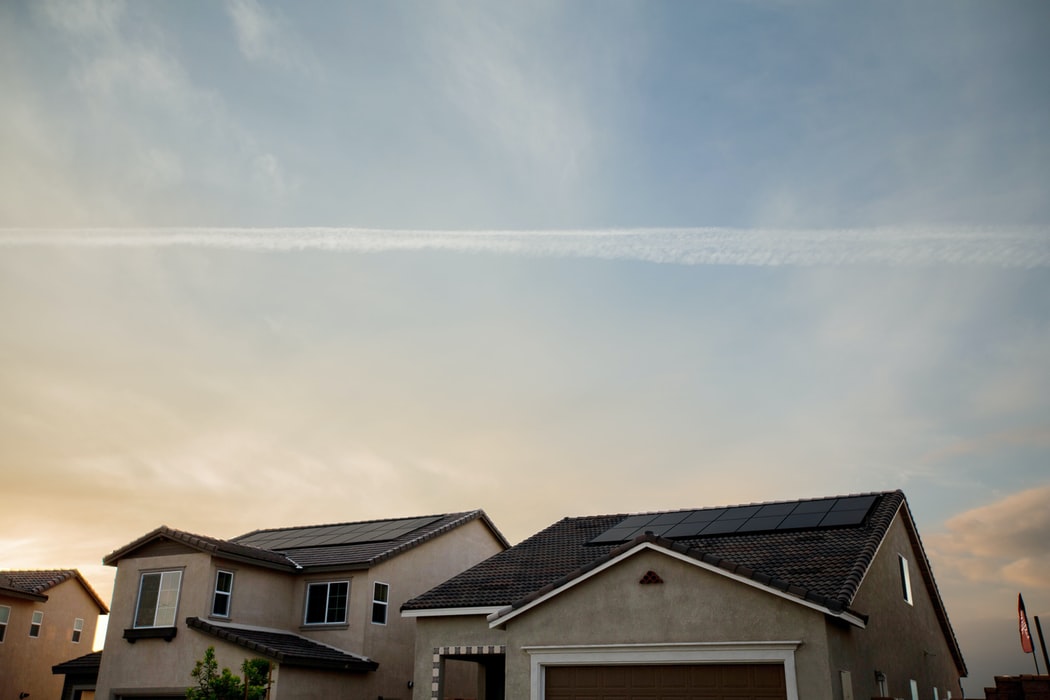
Various Applications
This technology can be used in a wide variety of activities from cooking, heating water, water treatment, processing heat for turbines, and even the industrial uses are vast, and in fact majority commercial plants use specific types such as the Solar Eze solar panels for instance, to aid in processes such as turning turbines, instead of typical electricity methods because it a quieter process.
Many third world countries use it to disinfect their water. Such as the ‘Solar Disinfection Water (SODIS)’ practices in Indonesia, by the World Health Organization. This is done by exposing the water-filled bottles to sunlight for up to 6 hours and 2 days a week. This practice has now been adopted by over 2 million people worldwide.
There you have it, just a few of the many reasons why we should use what’s been given to use by nature so we don’t harm the plant and our bank accounts. The trend in the South Coast has been leaning towards using solar power and is here to stay; and if you’re not part of this exceptionally useful technique yet, perhaps the reasons above will help you to decide on swapping your home or offices electricity harnessing methods into a eco-friendlier one that will not harm any plant life, human life or animals.


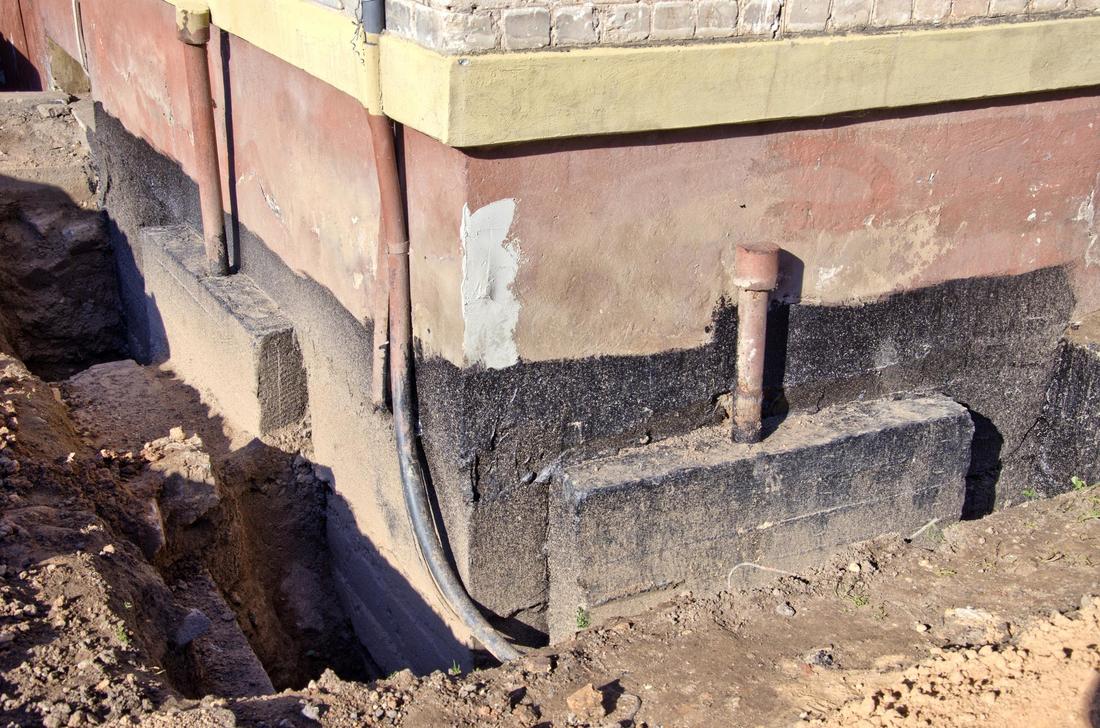




Leave a Comment